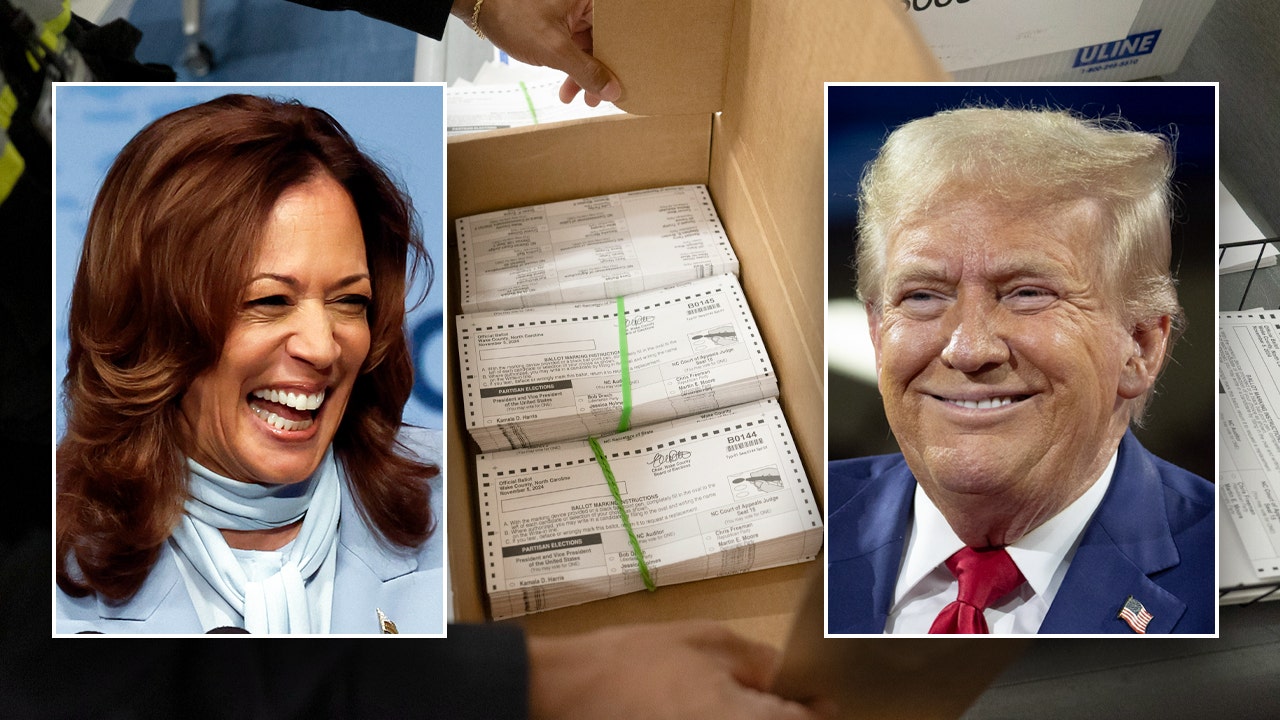Seven years after Joe Arpaio was ousted as sheriff of Arizona’s most populous county, taxpayers are still footing the bills from a racial profiling verdict over his signature immigration crackdowns – and those costs have been getting heavier since.
The tab for the legal and compliance costs in overhauling the Maricopa County Sheriff’s Office is expected to reach $314 million by mid-summer 2025, including $41 million approved Monday by county officials — the most expensive for Maricopa County taxpayers since the lawsuit was filed in 2007.
Nearly 11 years ago, a federal judge concluded sheriff’s deputies had racially profiled Hispanics in Arpaio’s traffic patrols that targeted immigrants. Consequently, the judge ordered costly overhauls of the agency’s traffic patrol operations and, later, its internal affairs unit.
The taxpayer spending is expected to continue until the sheriff’s office attains full compliance with the court-ordered changes for three straight years. Though progress has been made on some fronts, the agency hasn’t yet been deemed fully compliant.
The money being spent on turning around the sheriff’s office looms large in law enforcement and political circles in Arizona.
Earlier this year, the heavy compliance costs were cited by critics who said the city of Phoenix should resist entering a consent decree with the U.S. Justice Department, which is investigating the city’s police department. In recent weeks, the financial toll was brought up by immigrant rights advocates as they criticized a proposed ballot measure before the Arizona Legislature that would draw local police into immigration enforcement.
Raul Piña, a longtime member of a community advisory board created to help improve trust in the sheriff’s office, has criticized the efforts by Arpaio and his immediate successor, Sheriff Paul Penzone, to comply with the court-ordered changes.
FILE – In this Aug. 26, 2019, file photo, former Maricopa County Sheriff Joe Arpaio poses at his private office in Fountain Hills, Ariz. On Monday, May 20, 2024, county officials said legal and compliance costs in a racial profiling lawsuit over Arpaio’s immigration crackdowns are expected to reach $314 million by mid-summer of 2025. In 2013, a federal judge concluded the Maricopa County Sheriff’s Office had profiled Latinos in Arpaio’s signature traffic patrols that targeted immigrants, leading to massive court-ordered overhauls of both the agency’s traffic operations and its internal affairs department. (AP Photo/Ross D. Franklin, File)
But Piña said the agency might finally be turning the corner under the leadership of Penzone’s replacement, Sheriff Russ Skinner. While pointing out his comments shouldn’t be considered an endorsement of Skinner, Piña said he was impressed when seeing the current sheriff squarely acknowledge the agency’s failures at a community meeting.
“For the first time that I’ve been involved, the sheriff finally said, ‘We own this, we have to fix this,’” said Piña.
Skinner’s office didn’t respond Monday to a request for comment.
The overwhelming majority of the spending goes toward hiring employees to help meet the court’s requirements and a separate staff working on the court’s behalf to monitor the sheriff office’s compliance with both overhauls.
Arpaio led 20 of the large-scale patrols targeting immigrants from January 2008 through October 2011. Under Arpaio’s leadership, the agency continued immigration enforcement in smaller, more routine traffic patrols until spring 2013.
That led to Arpaio’s conviction for criminal contempt of court for disobeying a judge’s 2011 order to stop the patrols. He was spared a possible jail sentence when his misdemeanor conviction was pardoned by then-President Donald Trump in 2017.
Arpaio, who turns 92 next month and is running for mayor of the affluent suburb where he has long resided, said he has no regrets about launching immigration crackdowns.
He blamed the judge’s ruling for the ongoing taxpayer costs and said Arizona’s 2005 immigrant smuggling ban gave him authority to conduct the patrols. “I did what I was supposed to do,” Arpaio said.
Around the time that the anti-smuggling law was passed, advocates for tougher immigration enforcement said cracking down on the problem would help reduce the financial losses that Arizona suffers from its porous border with Mexico.
In an interview Wednesday, Arpaio dodged a question about whether compliance costs from the profiling case would exceed any savings that the public might have gained from such enforcement efforts. Instead, he focused on the influx of people crossing the U.S.-Mexico border in recent years.
“And you’re complaining about me – that I cost taxpayers money?” Arpaio said. “Start adding up what’s going on today.”
Traffic-stop studies conducted since the profiling verdict show deputies often treat drivers who are Hispanic and Black differently than other drivers, though the reports stop short of saying Latinos were still being profiled.
While the profiling case focused on the agency’s traffic patrols, the judge presiding over the lawsuit later ordered changes to the sheriff’s internal affairs operation, which critics alleged was biased in its decision-making under Arpaio and shielded sheriff’s officials from accountability.
Penzone, who served as sheriff from 2017 until his resignation effective in January, was found in civil contempt of court in November 2022 for taking too long to close internal affairs investigations. The internal affairs unit has faced criticism for having a crushing backlog of open cases. Over the last year, the backlog has been reduced from about 1,900 to 1,600 cases.
The agency’s compliance percentages are near or at 100% on two of the three court orders issued in the case. But its scores on the third court order, issued in November 2022, are more modest.




